
DPM Yadav calls for global cooperation to mitigate climate change impacts
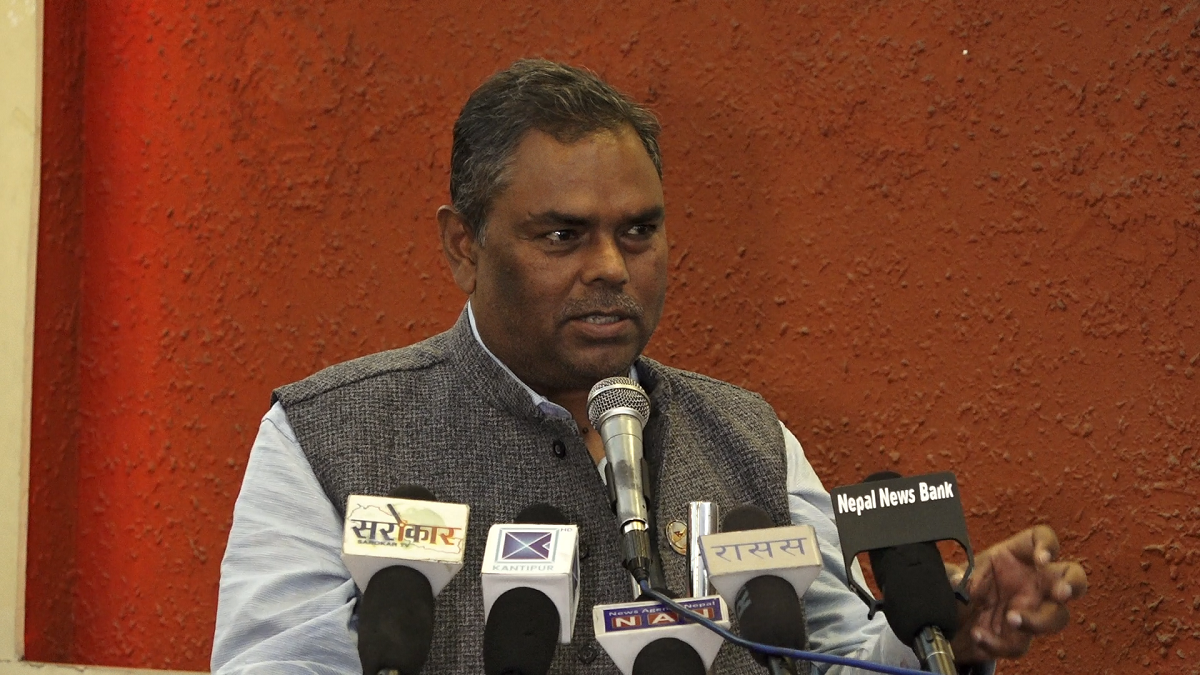
Deputy Prime Minister and Minister for Health and Population, Upendra Yadav, has said Nepal’s health sector has been significantly affected by consequences of climate change.
Nepal’s health sector is at grave risk due to the impact of climate change and this is a challenging issue for the country, according to him.
Speaking at an inaugural session of the South and Southeast Asia Regional Conference on Connecting the Dots between Climate Change, Health, and Equity here today, the Deputy Prime Minister said this.
He highlighted the need of implementing a master plan to cope with the impact of climate change and promoting a transnational cooperation to mitigate the risk.
Similarly, Minister for Energy, Water Resources and Irrigation, Shakti Bahadur Basnet, said time demands us to start thinking right from now for the sustainable development of the country, taking the climate change factor into consideration. He was of the opinion of enforcing a special policy at the national-level and promoting international support and cooperation to minimise the impact of climate change.
NAST Vice Chancellor Dr Dilip Subba, Secretary Dr Rabindra Prasad Dhakal, and Izabella Koziell, ICIMOD’s Deputy Director General, among other speakers, said impacts of climate change are global and combined efforts are needed to tackle with them.
According to Nepal Health Research Council’s executive director Dr Pramod Joshi, the two-day event will navigate new measures for minimizing the implications of climate change in health and environmental sectors and for intensifying further studies and research in the relevant sector.
- Bimalendra Nidhi: BRI Agreement Requires National-Level Discussion Before Signing
- PM Oli Urges Investment Amid Economic Reforms, Promises Stability and Prosperity
- Nepali Congress Rejects Loans Under China’s BRI, Pushes for Grant Assistance Ahead of PM Oli’s Visit to Beijing
- Saudi Arabia’s Forward7 Initiative Partners with Sistema.bio to Revolutionize Clean Energy Access in Nepal and Indonesia
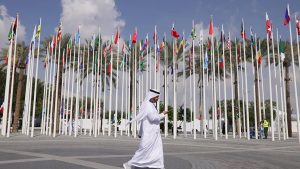


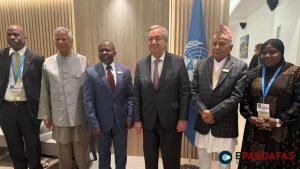

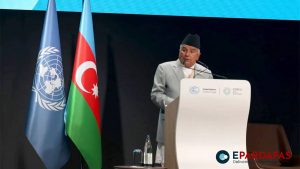




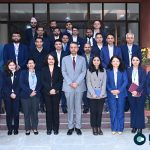

Comments